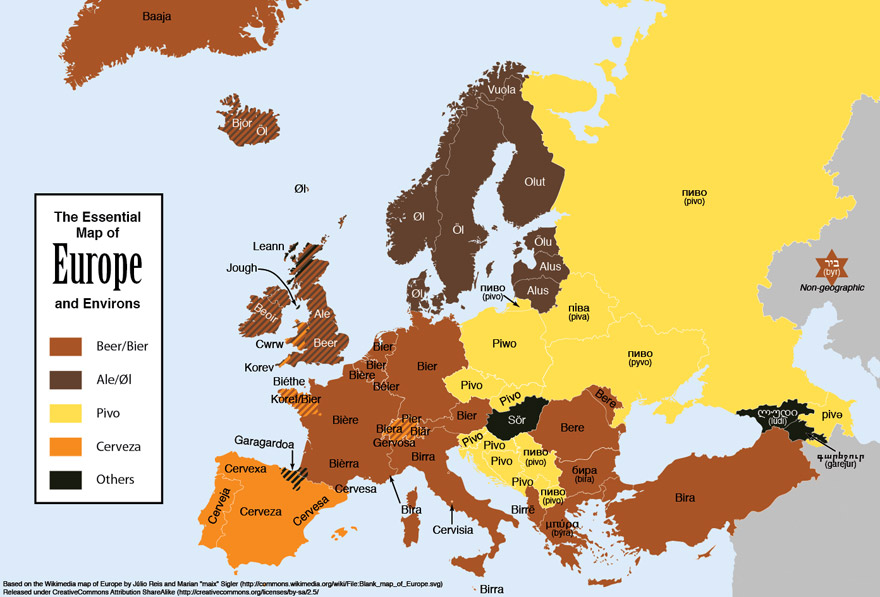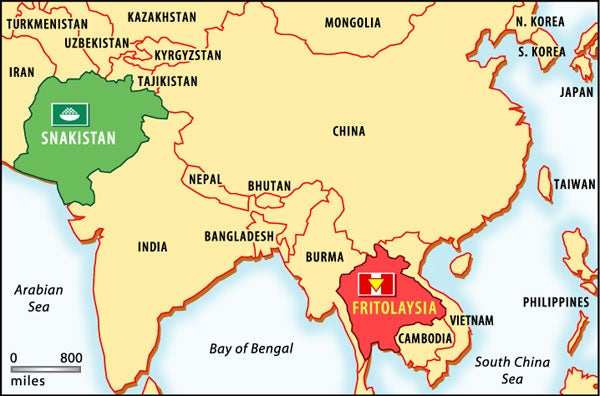You are using an out of date browser. It may not display this or other websites correctly.
You should upgrade or use an alternative browser.
You should upgrade or use an alternative browser.
Altered Maps XVI: Gerardus Mercator Must Die
- Thread starter Traitorfish
- Start date
- Status
- Not open for further replies.
So only, Spanish and Brythonic of all people retained the Latin word, whereas the rest of Western Europe stuck with the Germanic?
Are you meaning to rile the portuguese posters?
Traitorfish
The Tighnahulish Kid
Wiktionary indicates that it may have been a Celtic word borrowed into Latin, which would help explain why the Brythonic languages held onto a variation of it.So only, Spanish and Brythonic of all people retained the Latin word, whereas the rest of Western Europe stuck with the Germanic?
Lord knows what's going with Manx and Scots Gaelic, though.
Back in the day in frequently trolled with this map - the version accurate at the time that is.
We have made huge gains. Which should be cause for celebrations.
Note to self:
Talk to Estonia Ball.
Broken_Erika
Play with me.
Snerk
Smeghead
Some NSFW language.
Moderator Action: That's too much language, even for a spoiler. Feel free to repost the image once you've blurred out the swearing. ~ Arakhor
Please read the forum rules: http://forums.civfanatics.com/showthread.php?t=422889
Moderator Action: That's too much language, even for a spoiler. Feel free to repost the image once you've blurred out the swearing. ~ Arakhor
Please read the forum rules: http://forums.civfanatics.com/showthread.php?t=422889
Last edited by a moderator:
Snerk
Smeghead
Correct. It's located down at the neck so it was well within the only somewhat rude area.^Is Trondheim actually part of the merely rude, or the snowman rude?
(iirc it is quite to the south of the latter on the map?)
warpus
Sommerswerd asked me to change this
How's "pled" related to "wort" ? Do they have a different origin?
Notice the "omilia" in southern Italy, in the so-called 'Grecia Salentina' regionOmilia means speech (used as a term here as well)

As in homily, an inspirational saying or practical sermon.
As in homily, an inspirational saying or practical sermon.
I think - not 100% sure - that the etymology is from communal action, ie omilos exists as a noun and means 'group'. So the term omilia might have originally been referring to communal activity (which requires speech first). Not sure, but it is likely

In current greek one can either use lego - obviously not pronounced as that toy
 - (from logos) or (o)milo, for "speak"/"say".
- (from logos) or (o)milo, for "speak"/"say".How's "pled" related to "wort" ? Do they have a different origin?
That's not the only example, quite some words there seem to be rather unrelated (e.g. the 2 different groups within the gaelic languages [or however these are called]).
Seems more that the map is coloured by language group, independent of if the words on the map have any similarity or not.
(e.g. also the item for Latvia seems to be related to "word", but Latvia is coloured differently)
In German (and seems also English) we also have a word "palaver", which means talking. Guess that makes sense, after having looked at the map.
Celtic!quite some words there seem to be rather unrelated (e.g. the 2 different groups within the gaelic languages [or however these are called]).
Focal/facal/fockle for Goidelic languages, ger/gair for Brittonic languages.
sophie
Break My Heart
North Africa? Why not Zoidberg?
- Status
- Not open for further replies.
Similar threads
- Replies
- 508
- Views
- 26K
- Replies
- 1K
- Views
- 108K






